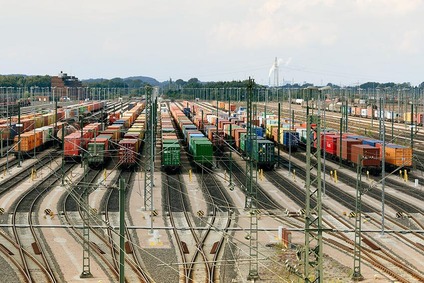TimeTable Redesign – the Future of Planning

Railway undertakings (RUs) can order train paths either for an entire year or at short notice during an ongoing annual timetable. All RUs endeavour to place their train path orders in an annual timetable in order to obtain high-quality train paths. In practice, however, the demand for train paths from freight railways changes during the year – often at short notice. This ultimately leads to wasted infrastructure capacity.
The TTR project now aims to counteract this. The goal is to standardise planning deadlines for train path orders and construction site planning across Europe. In this way, stable capacities and more flexibility can be created in the long term.
RU Consortium: Working Together as One
TTR has the potential to fundamentally revolutionise planning in railway freight transport. The ÖBB Rail Cargo Group (RCG), ÖBB Personenverkehr, DB Cargo and Forum Train Europe have joined forces to drive forward the implementation of the project on the part of the railway undertakings. Together, they are implementing initial initiatives to harmonise timetable and capacity planning.
Major progress already being made
With the Capacity Needs Announcements, RUs can announce their long-term demand for train paths for new traffic at an early stage. This is a major milestone and is particularly important for large construction projects such as the Koralm Tunnel in order to be able to better plan modal shifts. Work is also underway on a Europe-wide capacity regulation to legally secure the TTR project. Another key topic is Temporary Capacity Restrictions, which enable better construction site coordination. This involves standardised planning deadlines and a common IT system that facilitates coordination between RUs and infrastructure operators.

This pioneering project is supported by the European Union and contributes to the sustainable future of rail transport.
Links
17.02.2025

 Austria
Austria
 Hungary
Hungary
 Bosnia-Herzegovina
Bosnia-Herzegovina
 Bulgaria
Bulgaria
 China
China
 Germany
Germany
 Greece
Greece
 Italy
Italy
 Croatia
Croatia
 The Netherlands
The Netherlands
 Poland
Poland
 Romania
Romania
 Russia
Russia
 Serbia
Serbia
 Slovakia
Slovakia
 Slovenia
Slovenia
 Czech Republic
Czech Republic
 Turkey
Turkey